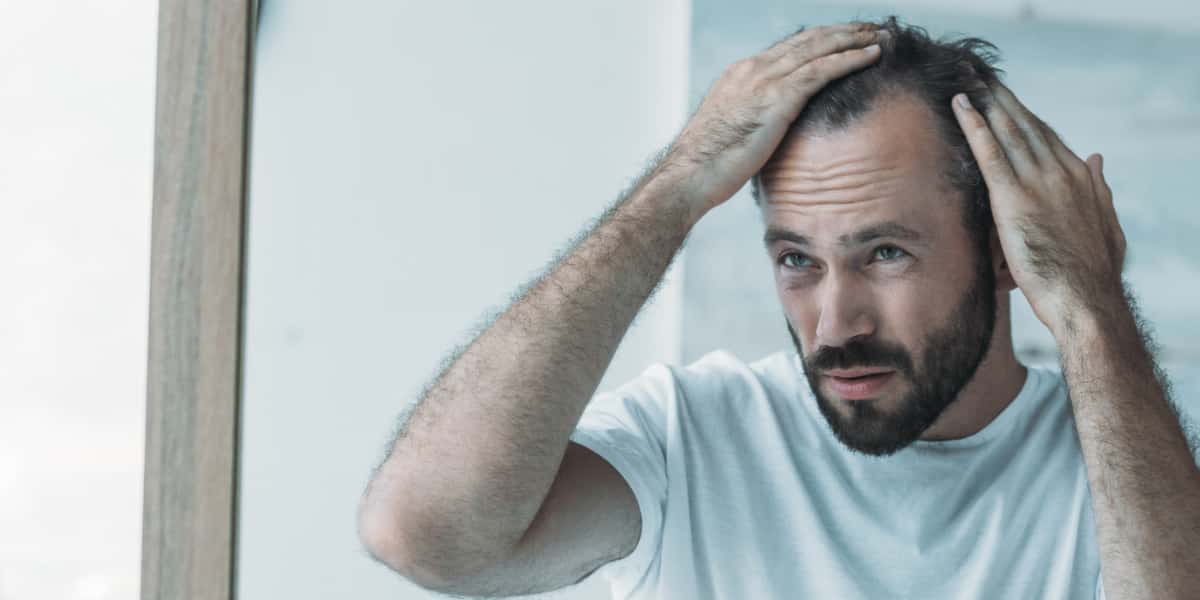
If you are worried about hair loss, you should assess the quality of your sleep. Poor sleep and conditions such as sleep apnea can hurt your hair. Stress, poor sleep, and hair loss are connected. These factors affect each other. Someone who worries about hair loss may not be able to sleep properly, and this causes further loss of sleep and stress. By breaking this vicious cycle, you will be able to see significant improvements.
Hair loss is stressful, and stress can aggravate this condition. Changes to the hair follicles may occur due to stressful life events, and this may trigger premature hair death. Stress also affects the skin’s mast cells. Hair follicles and skin cells have a complicated relationship. Scalp or skin conditions can aggravate or trigger hair loss.
How Sleep and Stress Affect the Hair
Lack of sleep can cause people to think negatively. Excessive worrying increases stress levels. This relationship can be partly explained through hormone levels. The body conveys stress through hormones. A chain-reaction increases ACTH levels in the body, which triggers the adrenal gland to produce stress hormones. This is why we feel stressed. This reaction is prevented when you get enough sleep. The pituitary gland slows down ACTH production while you’re sleeping, allowing your adrenal gland to recover. Lack of sleep prevents this from happening.
Stress makes it hard to sleep, as well. By lowering your stress levels, you can sleep better, and this has a lot of positive effects on your body. If you are concerned about hair loss, you should improve your quality of sleep.
Hair Loss Treatment

A physical examination will be done to determine the cause of hair loss. Your doctor will also consider your medical history, medications, and hairstyling practices. They may also get a skin or hair sample. If your doctor suspects that an underlying condition causes your hair loss, they may recommend blood testing. They will discuss the best treatment option for you after diagnosis.
Pharmaceutical treatment may be used to treat hair loss caused by a fungus or illness. The Food and Drug Administration has approved only 2 drugs for treating male-pattern hair loss – Minoxidil and Finasteride. Minoxidil is a topical OTC treatment option. Finasteride is a pill taken once a day. Users have to continue taking the pill to see improvements.
These medications are not suitable for females experiencing hair loss due to the different ways the female and male bodies react to androgens. Doctors may prescribe hormonal birth control. Your doctor will help you determine the right medication for you and how you can avoid unwanted side effects.
Hair transplants are another treatment option, but not everyone is qualified for this procedure. It has some side effects such as bleeding, scarring, and infection. Making changes to your lifestyle can also help slow down or prevent hair loss. Have a good night’s sleep by practicing food sleep hygiene. Make your bedroom quiet and dark by turning off the lights or installing blackout curtains in your bedroom. Turn off electronics to avoid any form of distraction.

